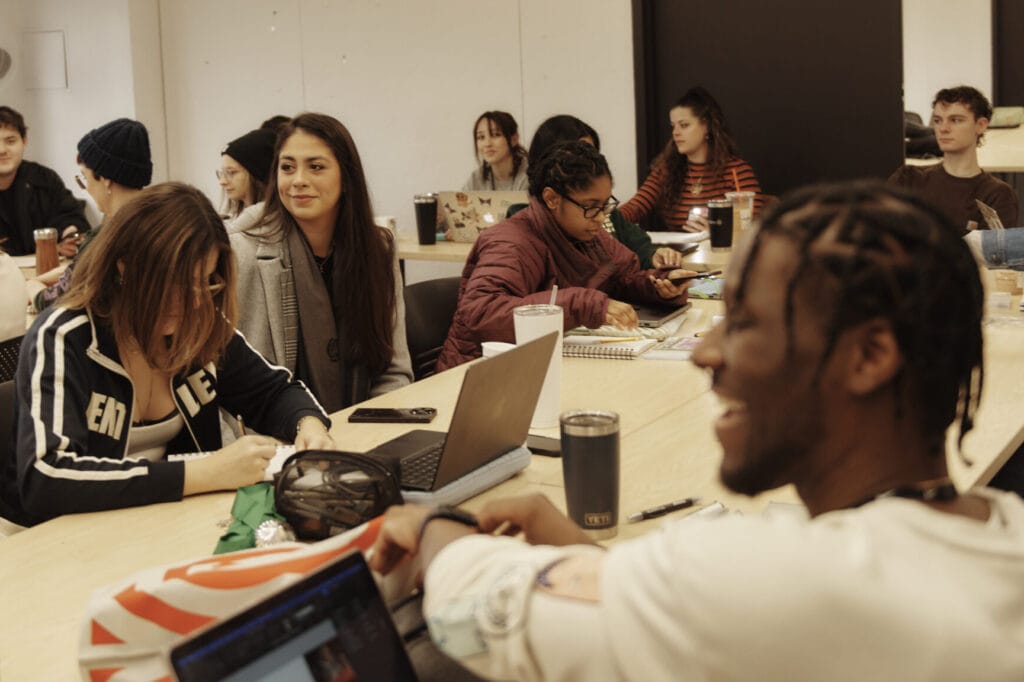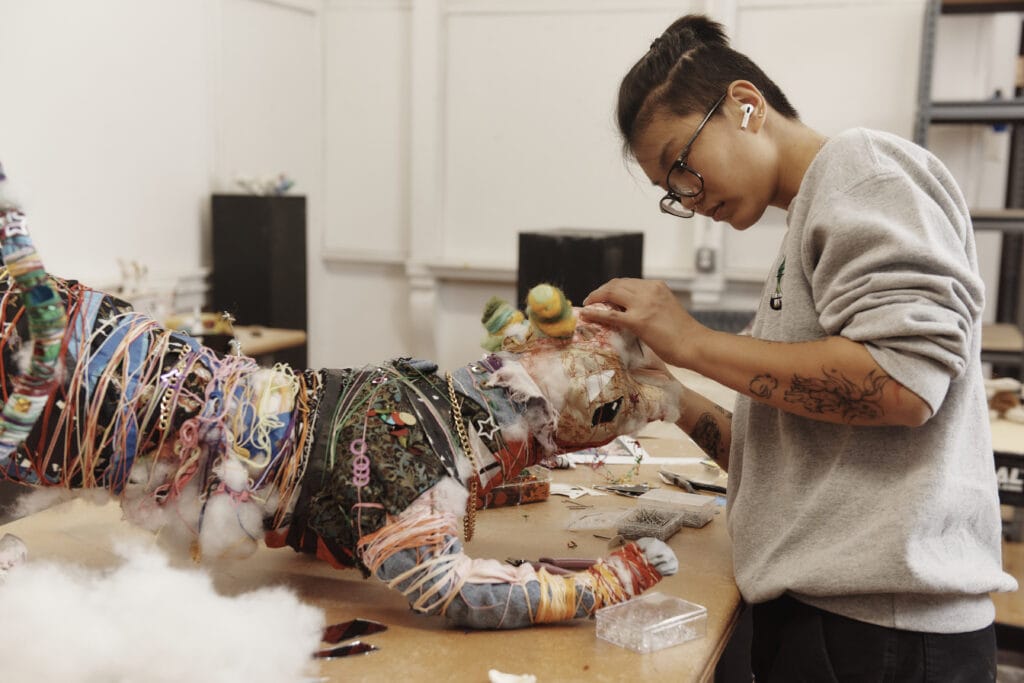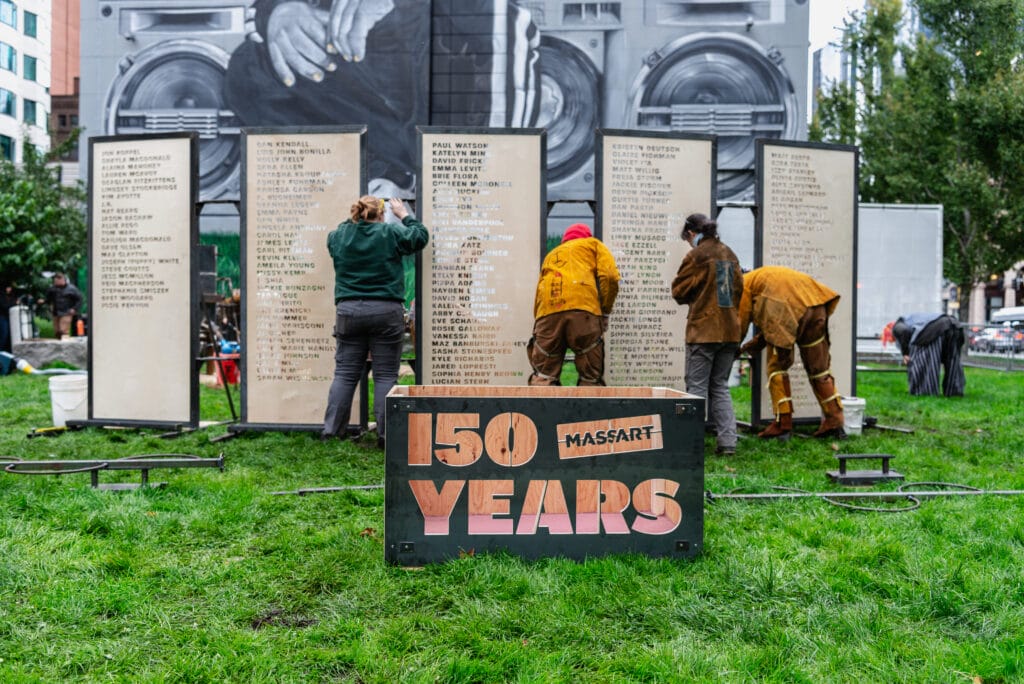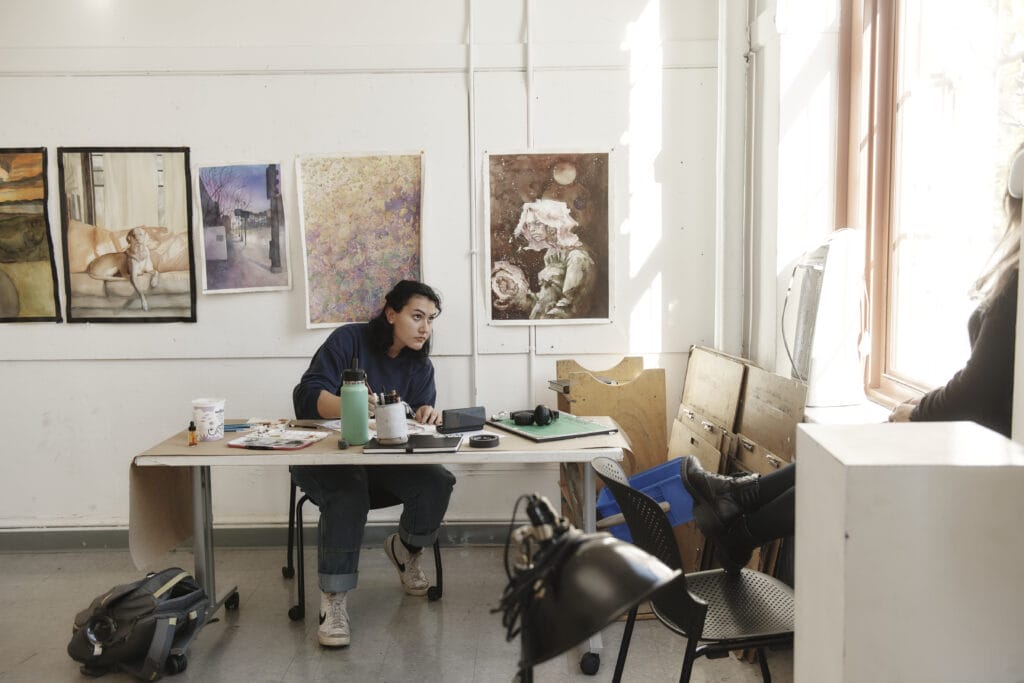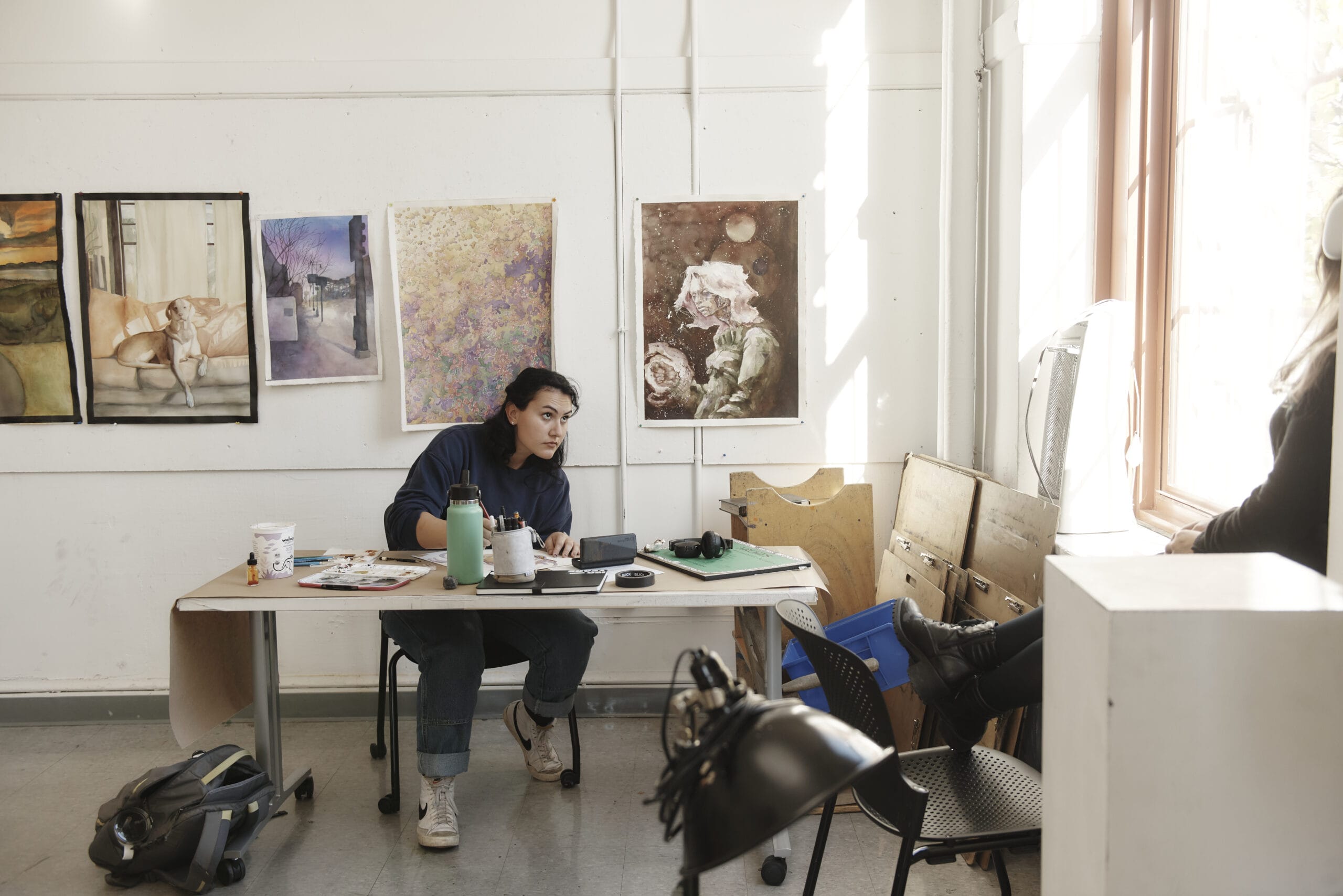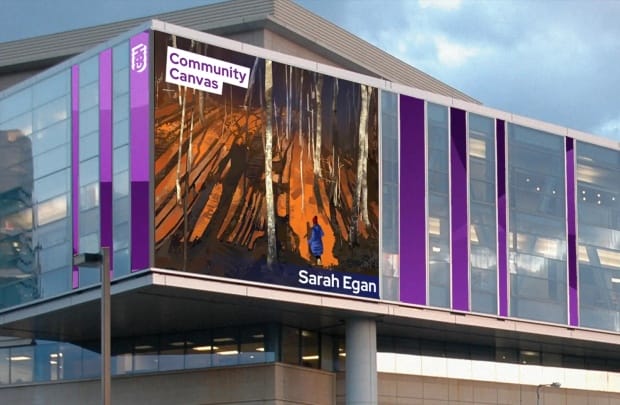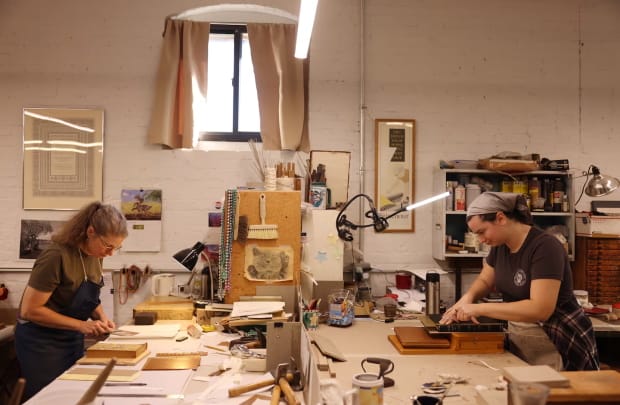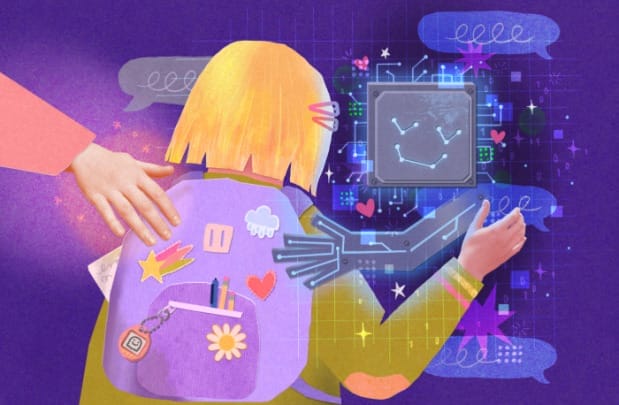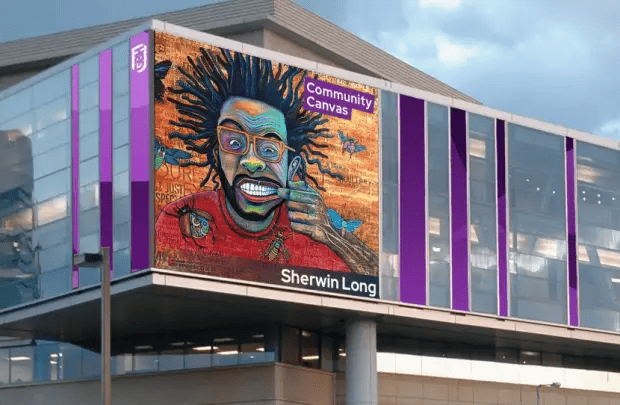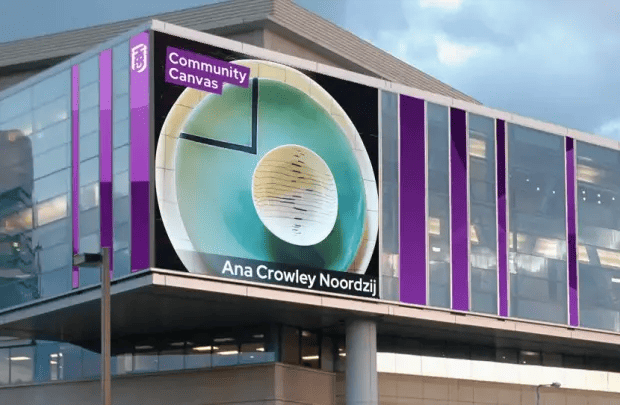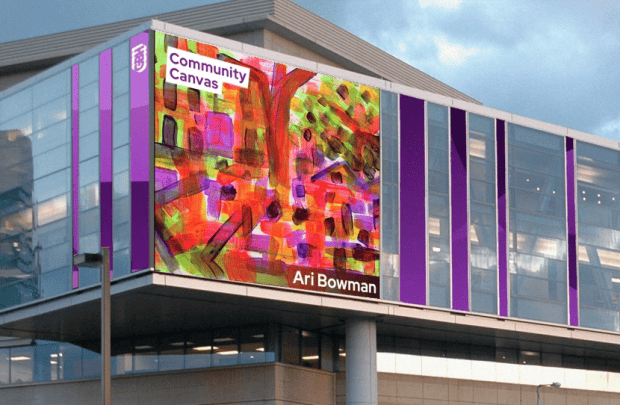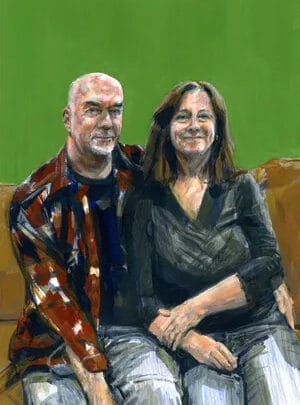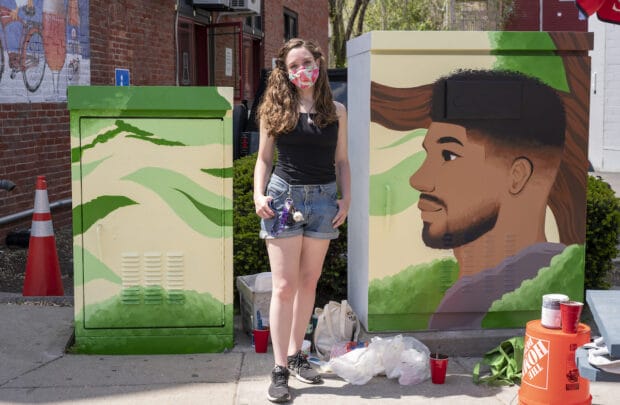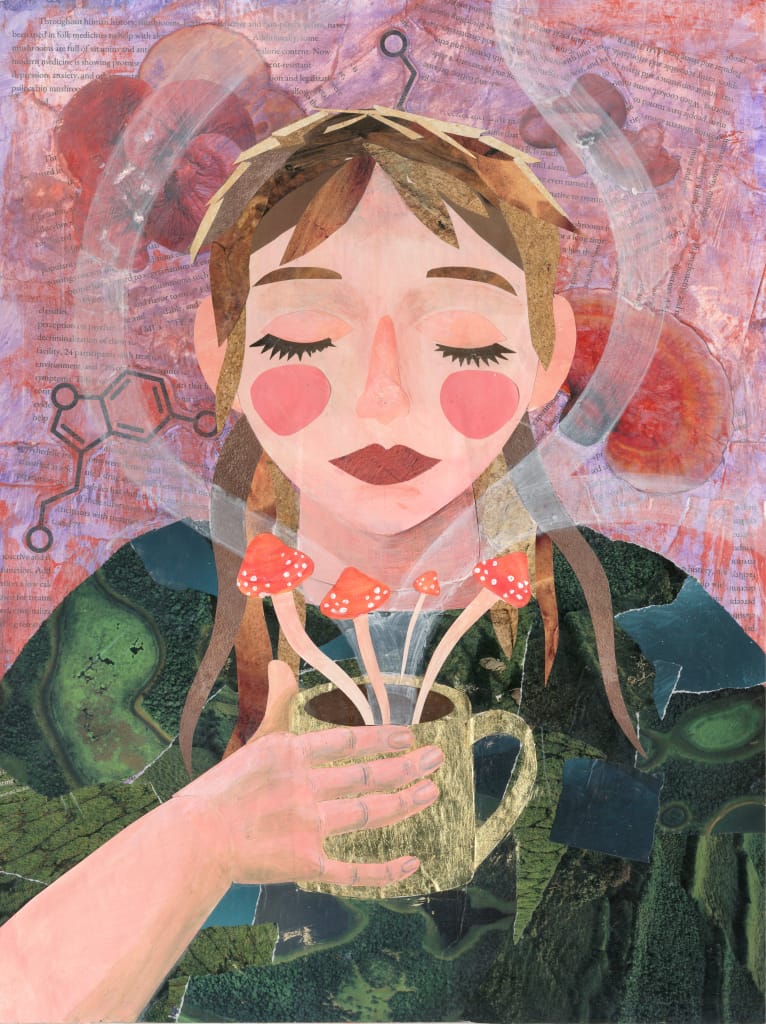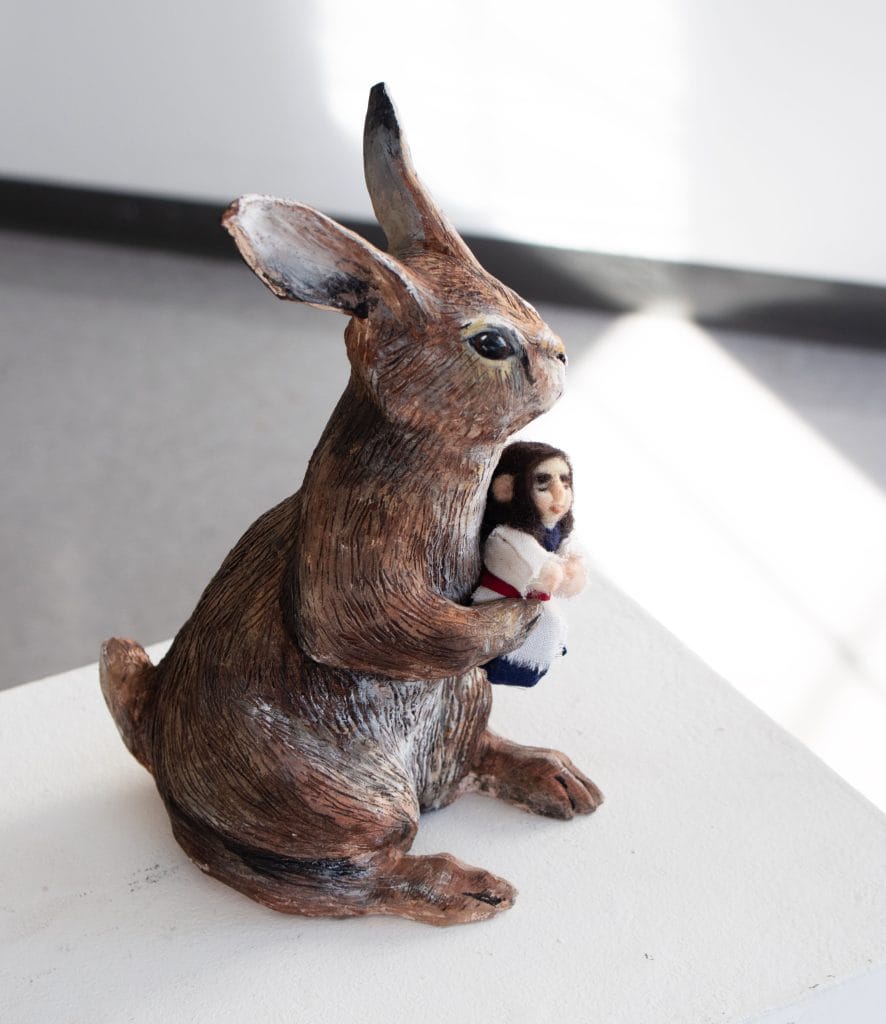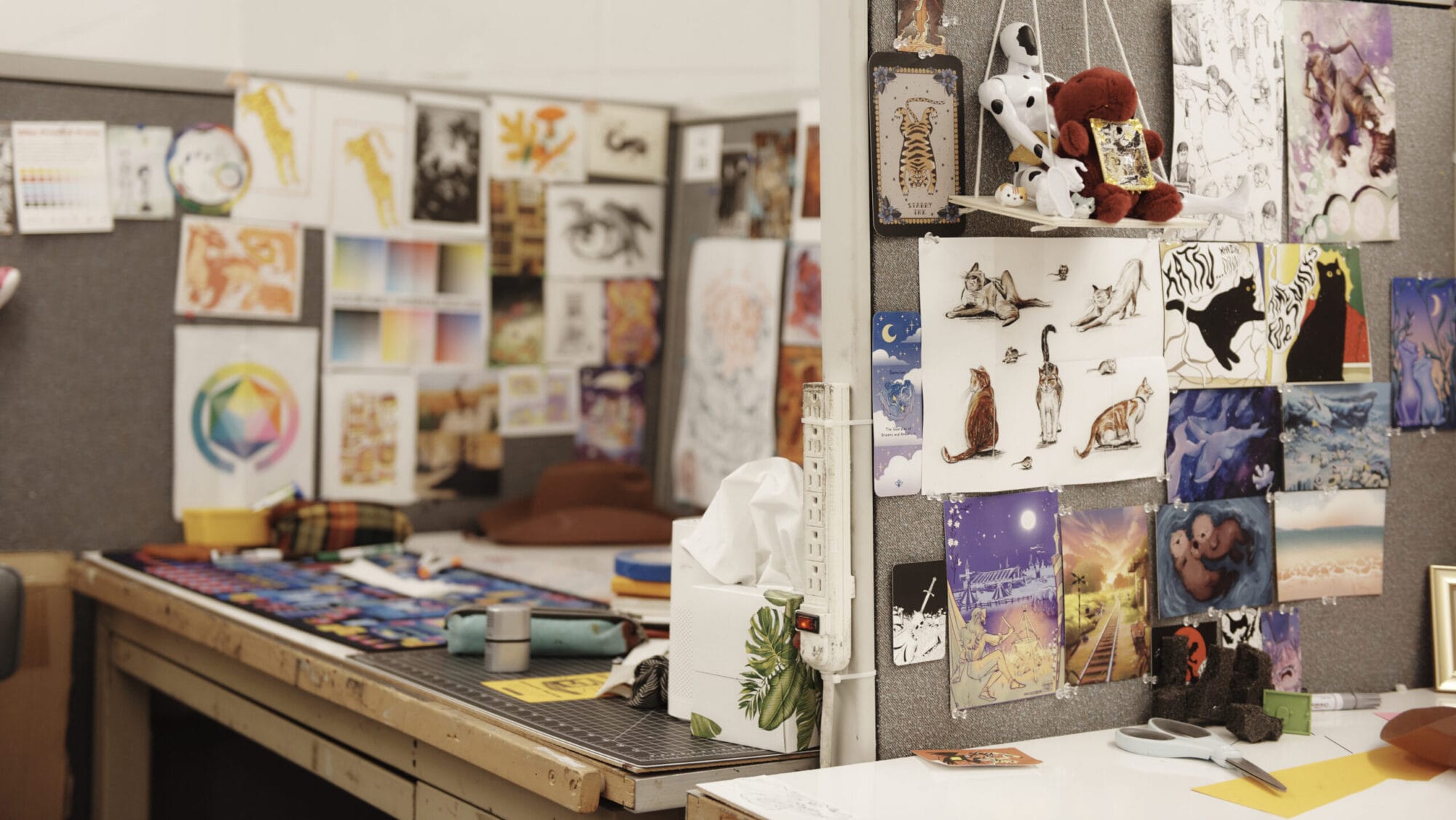Expand illustration beyond the page—tell powerful stories across media, disciplines, and communities while preparing for a wide range of creative careers.
At MassArt, illustration is not just about making images; it’s about thinking critically, researching deeply, and responding creatively to the world. Our program emphasizes experimentation, risk-taking, and the development of a strong personal voice, preparing students for careers in editorial illustration, children’s books, fine art, public art, licensing, game design, and emerging digital markets.
This program is ideal for curious, motivated students who are passionate about storytelling, eager to explore multiple media, and interested in building adaptable skills that translate across creative industries.



